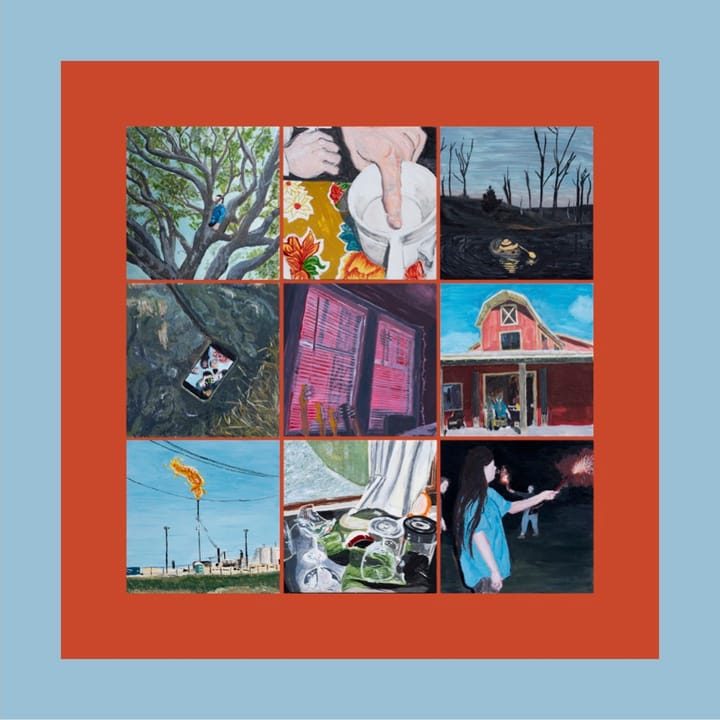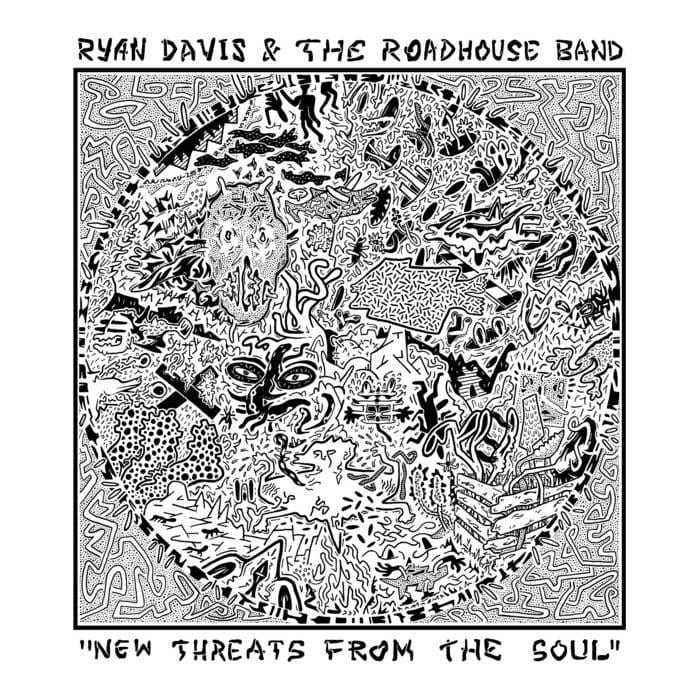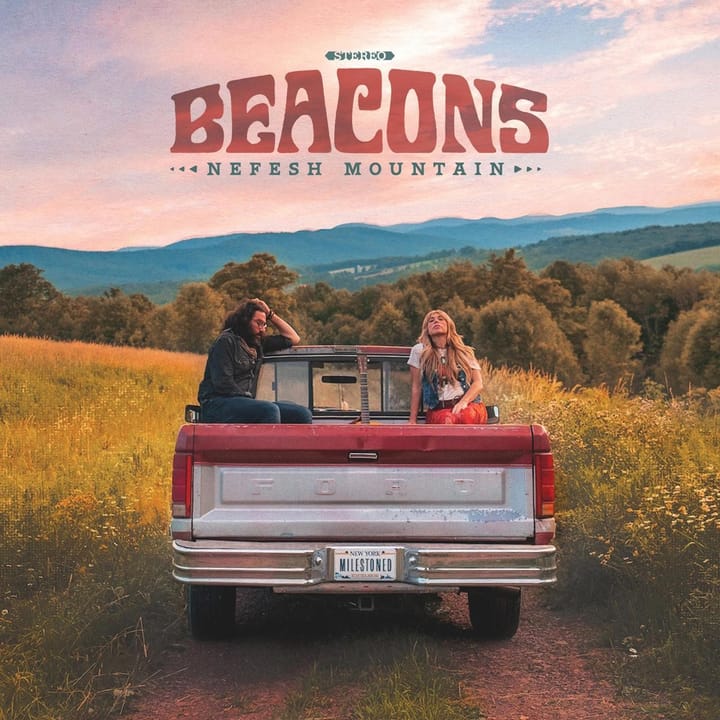There are some moments in a musical life that are magical. This morning is one of those unexpected moments. A light rain falls in central West Virginia as the blackberries begin to ripen early this year, turning from a brilliant red to that luscious, Mercedes-Benz black, and the mail belatedly brings the new Joseph Arthur album, Lou -- an acoustic tribute to a fellow New Yorker: Lou Reed.
I remember the last time I saw Lou Reed. It was at Birdland, not as a performer but, like me, as an appreciator of one of the finest voices of the past half century: Jimmy Scott. (Scott, incidentally, just passed away.) I had no idea that Lou was in the back as I sat at the bar, and as the first set ended, Jimmy's bass player, Hilliard Greene, invited me over to their small corner. After a few minutes, out of the corner of my eye, I caught Lou strolling over. He did not do the star thing; he was gracious and paid his respects to a man whom he admired a lot. Lou was instrumental in the "re-discovery" of Jimmy some 25 years ago, and led to a new recording contract. He did not play any cards, just a warm hello to Jimmy and Jeanie, a nod to the rest of us, and he was off.
One of my great regrets is never having seen the Velvet Underground. I remember taking a lot of grief from folkies and rockers alike for playing their records. I cannot remember why I got that Velvet Underground record in the first place, and like Dylan, and the Beatles' Revolver, that preceded it, it shook things up, changed the landscape, expectations and what popular music could be. Despite the diversity of the arrangements, those albums had another thing in common: the strength of the songs themselves.
Lou Reed fell into and out of favor over the course of his life, with many of his albums that had been originally derided, having grand second lives. Berlin being the prime example.
Joseph Arthur who has an impressive amount of music and art in his own right, knew Lou Reed and attended his 70th birthday, writing and performing, with Jenni Muldaur, "Happy Birthday Lou":
This album, that contains twelve Lou originals, was a result of Arthur's poem to Lou following his passing -- first published by American Songwriter on October 28, 2013. No, it was not Arthur's idea, but a friend who thought he could get it released as an album. Arthur mulled it over, and began by selecting the right mics, knowing from the start it had to be all acoustic, no drums, letting the songs themselves shine. And if it did not work, then it would be due to his own failure, not Lou's. It helped that he already knew the songs, knew Lou, knew the territory and himself.
Once begun, it did not take long, and Arthur liked the results. However, during that interim, the record deal fell through. He was disappointed, yes, and had some anger, but being satisfied with the recording was his way of saying goodbye to the man while still feeling the spirit, as it were. Then, on Christmas Eve, it was back on, with Vanguard Records picking it up.
While "Walk on the Wild Side" was his biggest hit, it is "Pale Blue Eyes" and "Sweet Jane" that have entered the canon.
Who ever thought that Lou Reed would get on the Gand Ole Opry, via Elizabeth Cook:As memorable as Cook's cover is, Arthur's version nails it. Nails it cold.
"Pale Blue Eyes" has been covered quite a few times, but its most effective use is perhaps Lou's own, used to underscore the opening of one of my favorite films of the recent past, Vertical Ray of the Sun (Vietnam, 2000):
Arthur and comrades backstage at the Ed Sullivan:
Finally, last week, before seeing Lucinda Williams, we walked over a bridge that separates downtown Pittsburgh from the North Side and visited the Warhol Museum that was celebrating its 20th Anniversary. It was all Andy this time, his family, the early city windows, commercial drawings, the films, the Factory and the VU, the music and the album cover. As we were taking in the VU portion of the exhibit, a young museum guide informed me that there were only 10,000 copies of the album that were originally sold. I responded that I was one of those 10,000. Whether or not she believed me, I went on to talk about the lost, then found, Scepter album and how it was discovered at a New York flea market, about the careers of Lou, John Cale, and Nico after VU. How Jackson Browne wrote "These Days" for Nico. Maybe she believed me after all.





Comments ()